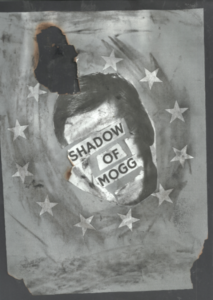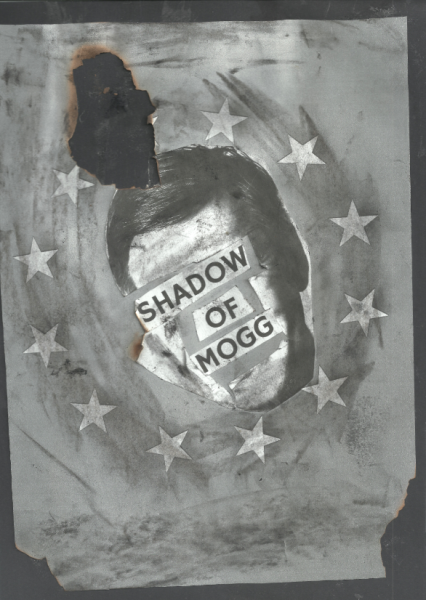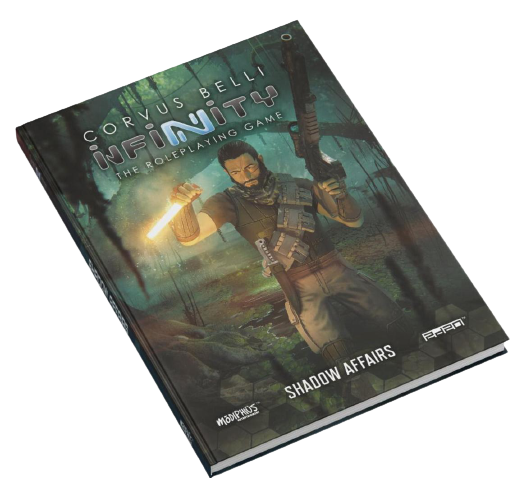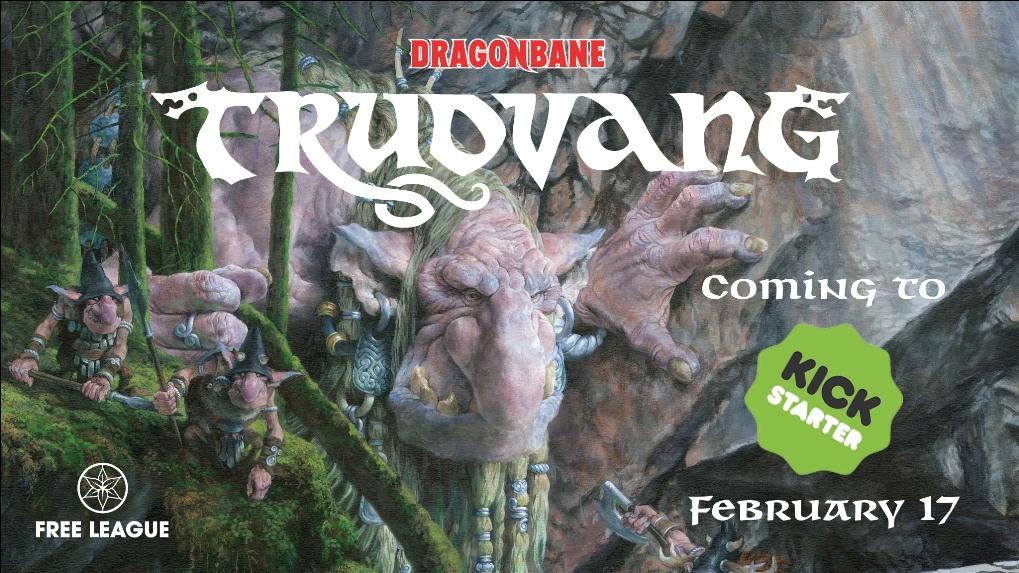
Shadow of Mogg
Shadow of Mogg is a post-apocalyptic role-playing game, written by Panayiotis Lines and published by Manic Productions.
By Aaron T. Huss

Learn more about Shadow of Mogg here
Purchase Shadow of Mogg here (paid link)
Find other Shadow of Mogg posts here
Shadow of Mogg is a post-apocalyptic role-playing game set in the London Underground after some cataclysmic event. The details of the setting are fairly scant, but that’s not really an issue as you can simply make-up what the event was, why it happened, and what drove people underground for survival. It’s actually a pretty cool place for a setting of this type as it’s so extensive (the London Underground that is) and you can an endless amount of memorable game sessions. Just keep in mind that Shadow of Mogg sticks to a stripped-down post-apocalyptic without all the hullabaloo that often comes with post-apocalyptic settings (there are no mutants, no magic, not weird technology, and the world hasn’t become overrun by crazy monsters). It is a game about surviving a harsh environment with nothing more than your friends and family, the skills you gained before the event, and whatever objects you hang onto.
Shadow of Mogg is not a typical role-playing game. On the TTRPG scale, it sits on the rules-light, cooperative storytelling aspect as an integral part of the game. How? Well, every dice roll is a party dice roll and the outcome is based on the highest die within the party. This really confused me at first as I thought to myself, “If that’s the case, then 95% of your rolls are all-but guaranteed to succeed.” That was until I read the metaphorical golden nugget of the system that makes it brilliant – it is a risk vs. reward mechanic. Simply put, the more dice you roll, the more likely you are to succeed with ease AND gain some type of “injury” (I use that word loosely to mean any stat reduction). The game is a dice pool, but a party dice pool. All it takes is the one die to be the highest, but each roll of a 1 results in an injury. Brilliant; absolutely brilliant! It forces you, as a player and the one controlling your character, to weigh the benefits of how many dice you want to contribute to the party dice pool. The more you contribute, the more likely your party is going to succeed and the more likely you are to sustain an injury. Risk vs. reward; I absolutely love this mechanic for a post-apocalyptic game as it focuses on the dynamics of being a cohesive party and really accentuates the social aspects of this type of game! Especially so since there are no combat mechanics; everything, literally every single roll is based on this party dice pool! But no worries, you’re not limited to a single stat as you have skills and gear that can contribute to the roll positively without the risking the injury.
The GM controls the environment and adjudicates the rules, but doesn’t make any dice rolls. The GM is basically a narrator moving the story along. This too supports that cooperative storytelling aspect and I love how it comes through in this post-apocalyptic setting. I can see using this resolution system for other social-heavy game settings, but it would break down quickly when you get into the more fantastical settings. But alas, it is designed to embrace the setting withing Shadow of Mogg and executes that design wonderfully! This type of game play style will not appeal to all, but for those who really like to go well beyond the combat and fantasy/sci-fi may find a memorable gaming experience as they struggle to survive!


